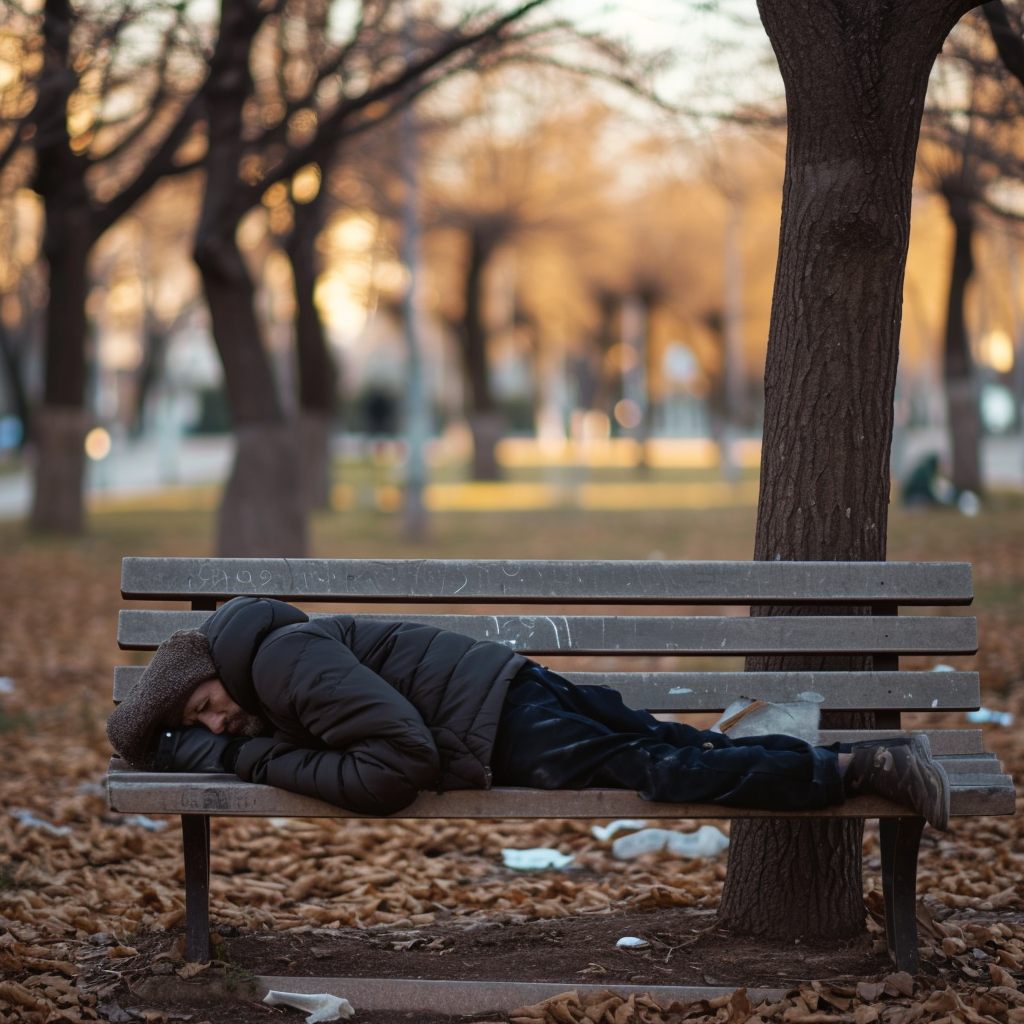Does arresting people for being homeless violate the 8th amendment? Will following that path help alleviate the homeless crisis we have or will it just overburden our already heavily strained prison population? Does it cost less to lock someone up ($56,000 per year per inmate in Oregon) and provide food and healthcare for them or would it be less expensive to fund alternative housing ($36,000 including case workers, Portland, OR)? While the Supreme Court will not answer those questions, they will in the spring or fall give an authoritative answer if criminalizing homelessness is against the constitution.
The Supreme Court has decided to look into a situation where cities in the western United States are finding it challenging to prevent people from sleeping on the streets when there aren’t enough beds in homeless shelters.
The Oregon Law Center is arguing that punishing someone for being homeless, when they have no practical way to find shelter, goes against the eighth amendment, which prohibits cruel and unusual punishment.
Ed Johnson in a television interview on KTVL12, representing homeless individuals, explained that the main issue is whether cities can make it illegal for people to exist outside when they have no other options. The Supreme Court has agreed to review this lower-court ruling that said punishing people for sleeping in public places is “cruel and unusual punishment.”
Johnson clarified that the case is not about tents or camps; it’s about criminalizing people who are living outside without anywhere else to go. They believe this approach is not a solution to homelessness and can make matters worse.
The city of Grants Pass, in Oregon, is appealing the ruling, backed by California Governor Gavin Newsom and other elected officials struggling to address homelessness due to rising housing costs and income inequality.
The court’s decision follows a ruling blocking anti-camping ordinances in San Francisco and another stating that Grants Pass couldn’t enforce local ordinances against homeless people using blankets or cardboard boxes for protection. These rulings argue that punishing people for sleeping on the streets when there’s no alternative shelter is “cruel and unusual punishment,” violating the Constitution.
Elected officials argue that these rulings complicate their efforts to clear tent encampments, while homeless advocates believe the focus should be on providing more housing rather than crackdowns. The case will be heard by the Supreme Court, and it’s uncertain whether it will be argued in the spring or fall.





